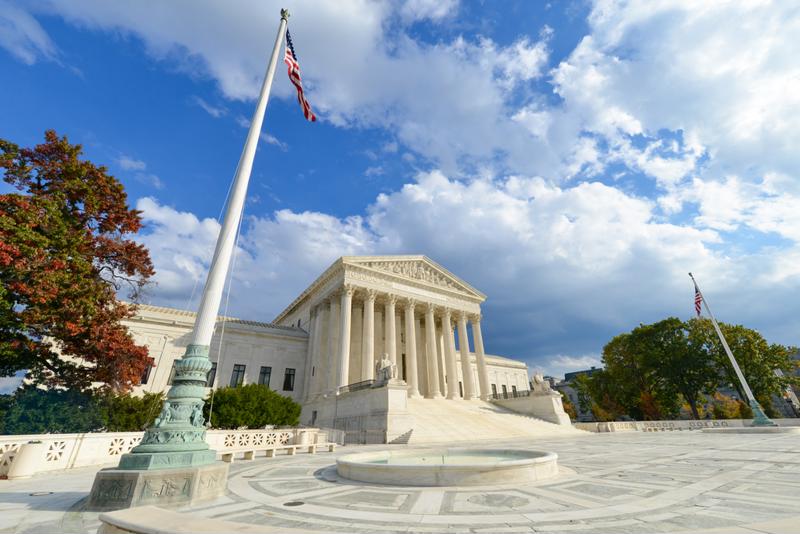In late January 2019, Google filed a petition to the U.S. Supreme Court, in the hopes that the highest court in the country would perhaps rule in its favor regarding the ongoing copyright dispute with Oracle over use of the Java developer's intellectual property. Nearly all lower courts (of the pertinent federal districts) have thus far sided against the tech giant, according to Reuters, stating that Google's application of certain Java API packages constituted copyright infringement.
However, Google may not be out of luck just yet in its quest to avoid paying a sizable financial penalty – at least 10 figures – and potentially suffering some damage to its reputation in the Silicon Valley universe. The Supreme Court's April 29 request of counsel from the Department of Justice's Solicitor General, Noel Francisco, about this matter could ultimately result in Alphabet Inc. receiving another chance to plead its case. Any verdict (or dismissal) levied by Chief Justice John Roberts and his eight fellow justices would have permanent implications for the tech sector.

Google's final argument
Bloomberg reported that the crux of Google's argument, as detailed in the Supreme Court petition, is that it effectively acted within the confines of federal fair-use laws when it used elements of Java in an iteration of its Android mobile operating system. Per the wording of the search giant's lawyers, Sun Microsystems, the original creator of Java acquired by Oracle in 2010, "applauded Google" for its use of the code. This show of support allegedly predates Oracle's purchase and absorption of Sun; not long after buying the smaller firm, Oracle filed its initial claim against Google.
Alphabet lawyers claim that the simple fact of Android's open-source nature – and Java's – should invalidate any argument of copyright infringement.
"If allowed to stand, the Federal Circuit's approach will upend the longstanding expectation of software developers that they are free to use existing software interfaces to build new computer programs," Google's legal team wrote in its petition. Attorneys further stated that a definitive ruling in Oracle's favor would "undermine both competition and innovation" in the overall software industry.
Potential legal outcomes
As pointed out by Courthouse News, neither Chief Justice Roberts nor the Court as a whole issued any statement to the press alongside its request for counsel from Solicitor General Francisco. Additionally, it did not grant a writ of certiorari to the Oracle-Google case or any of the other legal matters on its current order list.
Ultimately, Francisco's opinion on whether the case should be heard won't matter if the Court doesn't agree, though its publicly documented interest in his views seemingly indicates a genuine respect for Francisco's advice. If Roberts and his fellow justices don't want to hear the case, the last court ruling – for Oracle – will likely be final. If the Court grants certiorari, however, this dispute will continue for quite a while longer. Because this specific type of copyright-related matter hasn't previously reached America's highest judicial body, there is no precedent to examine for hints as to how a hypothetical Oracle-Google case would play out.
For businesses intrigued by this matter, it's critical to remember that it only hammers home the fact of Java's vulnerability. Using it as a tool for IT modernization is simply unwise.
Here at the Inventu Corporation, we equip organizations of all sizes with a revolutionary terminal emulation tool called the Flynet Viewer. This solution allows developers to craft reliable and safe software using clean HTML and JavaScript hosted on secure Windows servers. All in all, the Flynet Viewer supports streamlined IT modernization and meets employer and staff expectations in a way that feels both familiar and simple. Contact us today or review our extensive product catalog to see how Inventu can help you rid your servers of unsafe Java.


